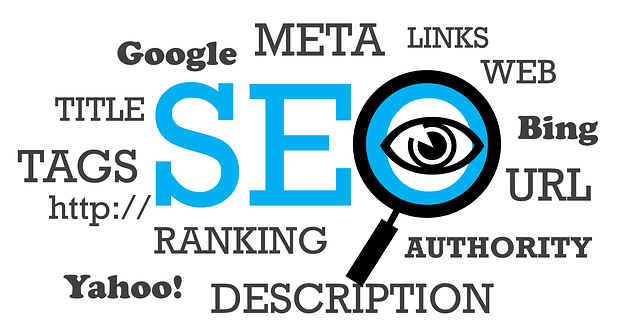
SEO Demystified: A Beginner's Guide to Search Engine Optimization
Search Engine Optimization (SEO) is the linchpin to ensuring your online presence thrives. Whether you're a newcomer to the world of SEO or someone seeking to refine their skills, this comprehensive guide will demystify the intricacies of SEO, equipping you with the knowledge needed to elevate your website's ranking on Google.
In this article, we'll be discussing various aspects of SEO to demystify the world of search engine optimization. However, it's essential to note that SEO isn't the only key player in the digital marketing realm. Crescitaly, for instance, is a renowned SMM Panel that specializes in providing social media marketing services.
Crescitaly.com is the ultimate destination in the SMM world. As the leading SMM Panel provider since 2012, Crescitaly offers a wide range of services for platforms like Facebook, Instagram, YouTube, Telegram, and Twitter. If you're looking to enhance your online presence and amplify your social media reach, Crescitaly is your go-to choice.
So, whether you're delving into the intricacies of SEO or seeking to boost your social media presence, Crescitaly has you covered. Feel free to explore their website for top-notch SMM services that can complement your SEO efforts and help you achieve digital success.
Understanding the SEO Landscape
Before diving into the nuts and bolts of SEO, it's crucial to grasp the broader context of how search engines operate. Search engines, with Google at the forefront, employ complex algorithms to sift through the vast expanse of web content and deliver the most relevant results to users' queries. The goal of SEO is to optimize your website so that it ranks higher in these search results, increasing its visibility to potential visitors.
The Fundamentals of SEO
1. Keyword Research
Keyword research forms the bedrock of any successful SEO strategy. Start by identifying relevant keywords and phrases that resonate with your content and target audience. Utilize keyword research tools like Google Keyword Planner to uncover high-value keywords with substantial search volume and moderate competition.
2. On-Page Optimization
On-page optimization involves optimizing various elements on your web pages to enhance their search engine friendliness. Key elements to focus on include:
Title Tags
Craft compelling and keyword-rich title tags for your pages. These titles serve as the first impression users have of your content when it appears in search results.
Meta Descriptions
Compose informative meta descriptions that not only include your target keywords but also entice users to click through to your website.
Header Tags
Use header tags (H1, H2, H3, etc.) to structure your content logically. These tags help search engines understand the hierarchy of information on your page.
Image Alt Text
Optimize image alt text to make your visuals accessible to search engine crawlers. Incorporate relevant keywords when describing images.
3. High-Quality Content
Content is king in the SEO realm. Create informative, engaging, and relevant content that addresses the needs and questions of your target audience. Ensure that your content is well-researched, error-free, and updated regularly to maintain its relevance.
4. Mobile Optimization
With the increasing use of mobile devices for online browsing, mobile optimization is imperative. Ensure that your website is responsive and provides an excellent user experience on both desktop and mobile devices.
5. Page Speed
Fast-loading pages are favored by search engines and users alike. Optimize your website's page speed by compressing images, leveraging browser caching, and minimizing unnecessary code.
Off-Page SEO
Off-page SEO strategies focus on factors outside your website that can influence your search engine rankings. Key components of off-page SEO include:
1. Link Building
Earn high-quality backlinks from reputable websites within your niche. Backlinks serve as a vote of confidence in your content and can significantly impact your ranking.
2. Social Signals
Engage with your audience on social media platforms. Shares, likes, and comments can indirectly affect your SEO by increasing your online visibility.
Measuring and Monitoring SEO Success
To gauge the effectiveness of your SEO efforts, employ various metrics and tools:
1. Google Analytics
Track website traffic, user behavior, and conversion rates with Google Analytics. This valuable tool provides insights into what's working and what needs improvement.
2. Search Console
Google's Search Console offers data on how your site appears in search results, identifies indexing issues, and provides valuable feedback for optimization.
Staying Updated with SEO Trends
The world of SEO is in a constant state of flux. To maintain a competitive edge, keep abreast of the latest industry trends and algorithm updates. Industry blogs, podcasts, and online forums can be excellent resources for staying informed.
In conclusion, SEO is a dynamic and multifaceted discipline that plays a pivotal role in the digital success of any business or website. By diligently implementing the strategies outlined in this guide, you can enhance your website's visibility on Google and secure a coveted spot on the first page of search results.